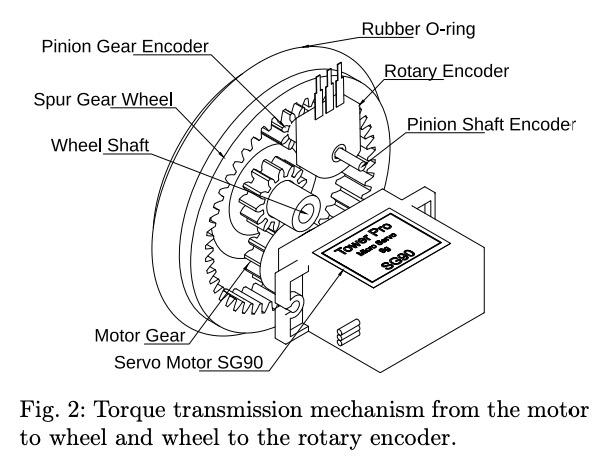|
In recent years, the rapid development of autonomous systems has revolutionized various sectors of technology, paving the way for groundbreaking advancements. These self-operating systems are transforming industries such as transportation, healthcare, manufacturing, and agriculture, offering increased efficiency, safety, and productivity. One of the most prominent areas benefiting from autonomous systems is transportation. Autonomous vehicles have emerged as a disruptive force, promising to revolutionize the way we commute and transport goods. With sophisticated sensors, advanced algorithms, and machine learning capabilities, these vehicles can navigate roads, make real-time decisions, and adapt to changing traffic conditions. Autonomous cars have the potential to enhance road safety by minimizing human errors and accidents caused by distractions or fatigue. Moreover, they can optimize traffic flow, reduce congestion, and decrease carbon emissions, leading to a more sustainable future. Beyond transportation, autonomous systems are making significant strides in healthcare. Robotic surgical systems enable surgeons to perform complex procedures with utmost precision, reducing the risk of human error. These systems integrate computer vision, artificial intelligence, and haptic feedback to provide real-time guidance and enhance surgical outcomes. Additionally, autonomous drones are being used for delivering medical supplies, especially in remote or disaster-hit areas, ensuring timely access to critical healthcare resources. The impact of autonomous systems extends to the manufacturing industry as well. Autonomous robots and machines are streamlining production processes, improving efficiency, and ensuring consistent quality. These systems can autonomously handle repetitive tasks, freeing up human workers to focus on more complex and creative endeavors. With the ability to operate 24/7 without fatigue, they increase productivity and reduce production time significantly. Furthermore, autonomous systems enable predictive maintenance, identifying potential equipment failures before they occur, minimizing downtime, and optimizing resource allocation. Agriculture is another field witnessing the transformative power of autonomous systems. Agricultural robots equipped with sensors and AI algorithms can precisely monitor crops, detect diseases, and optimize pesticide usage. They can autonomously perform tasks such as seeding, weeding, and harvesting, reducing labor requirements and increasing crop yields. Autonomous drones provide aerial imaging and data collection, enabling farmers to make data-driven decisions about irrigation, fertilization, and overall farm management. These advancements contribute to sustainable agriculture practices, minimizing environmental impact while ensuring food security. Despite the incredible potential of autonomous systems, challenges remain. Safety and ethical considerations are of paramount importance, ensuring that these systems operate reliably and responsibly. Robust cybersecurity measures must be implemented to protect against unauthorized access or malicious attacks on autonomous systems. Additionally, regulations and standards need to be developed to govern their deployment and operation, addressing concerns related to liability, privacy, and the ethical use of AI. In conclusion, autonomous systems hold tremendous promise in revolutionizing technology across various industries. From transportation and healthcare to manufacturing and agriculture, these self-operating systems are driving efficiency, safety, and productivity to new heights. However, it is crucial to address challenges and ensure responsible development and deployment of autonomous systems, making the most of their transformative potential while safeguarding societal well-being.  |
